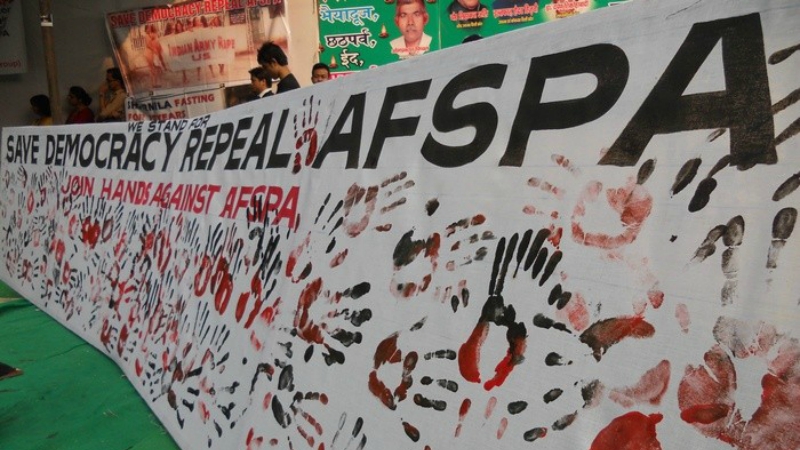The Armed Forces (Special Powers) Act has been withdrawn from Meghalaya after 27 years. The Centre announced on 24th April, that the Act has been revoked from Meghalaya since 1st April. The issue of AFSPA has been a contentious one for many years. The states in which AFSPA has been in force have always protested it.
So, why has AFSPA been such a contentious issue? Basically, AFSPA gives the armed forces power to maintain public order in areas declared to be “disturbed”. These areas are essentially conflict-hit areas. Under the Act, the armed forces have the authority to prevent a gathering of five or more persons in any area. They can even use force or open fire after giving a warning if they feel a person is disobeying the law. Under reasonable suspicion, the army is also allowed to arrest a person without a warrant; enter or search a premise without a warrant, and ban the possession of firearms.
A person taken into custody or arrested is required to be presented to an officer-in-charge with the least possible amount of delay, along with a report mentioning the circumstances that led to the arrest. Though the act is placed upon request by the local government which is unable to control a situation, the Centre often shows reluctance about removing the same.
AFSPA is still in force in the whole of Nagaland, Manipur (excluding seven assembly constituencies of Imphal), parts of Arunachal Pradesh, and Assam. Earlier, the AFSPA was effective along the Assam-Meghalaya border in a 20 km area. On 1st April 2018, however, the Centre revoked it from Meghalaya. In Arunachal Pradesh, the influence of AFSPA has been reduced to eight police stations instead of 16 police stations and in Tirap, Changlang, and Longding districts bordering Assam. AFSPA was withdrawn from Tripura in 2015. The state of Jammu and Kashmir has a similar Act in force.
The Act has been removed from certain areas, as the areas are now considered to be completely under the control of the state police forces. The other areas remain under the control of the AFSPA Act, with no indication of when it will be withdrawn.
